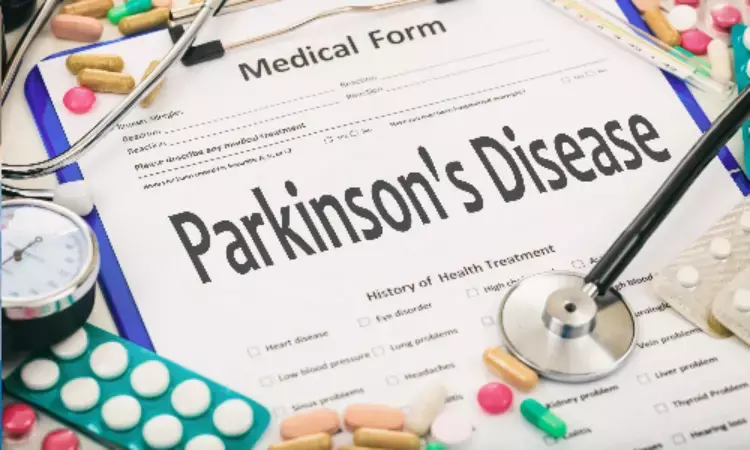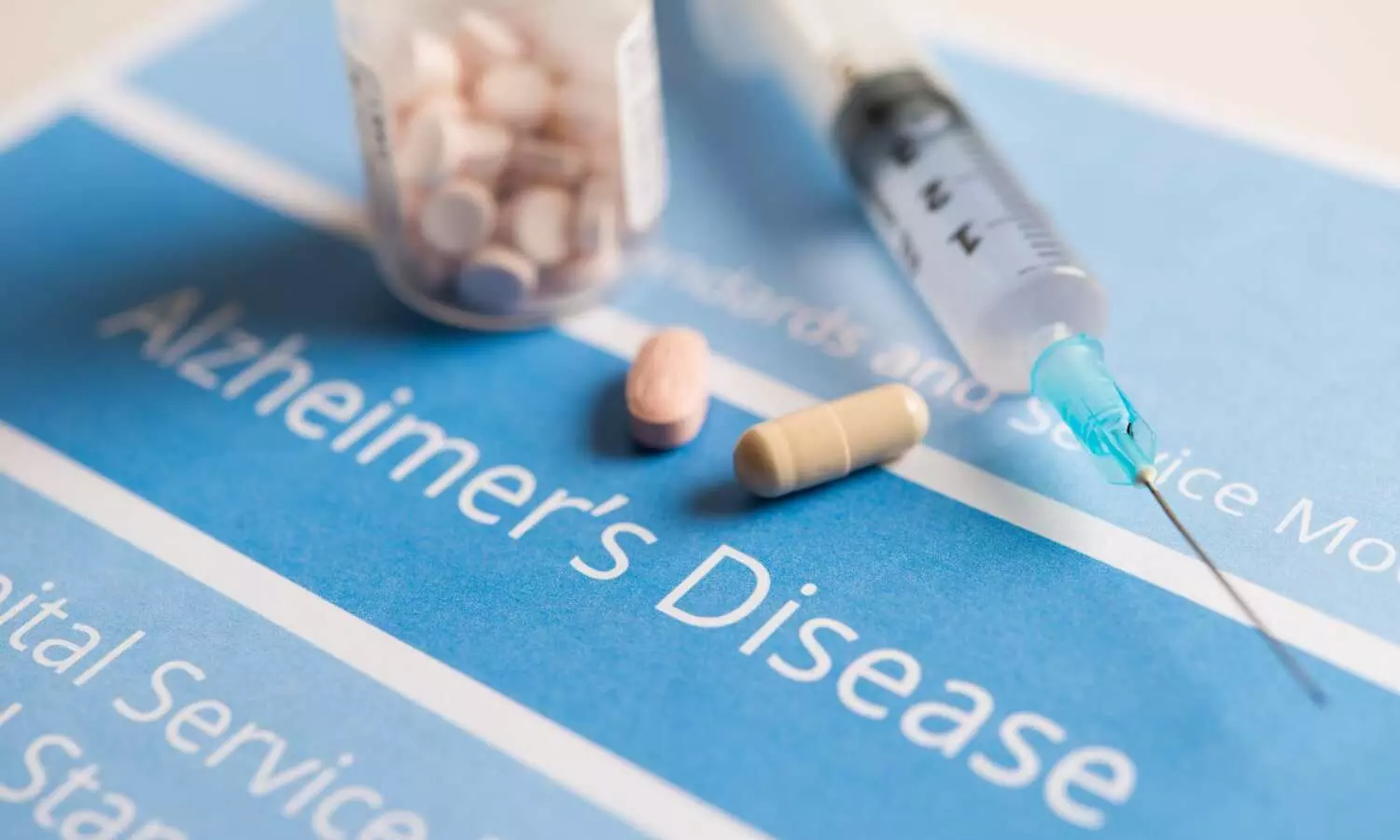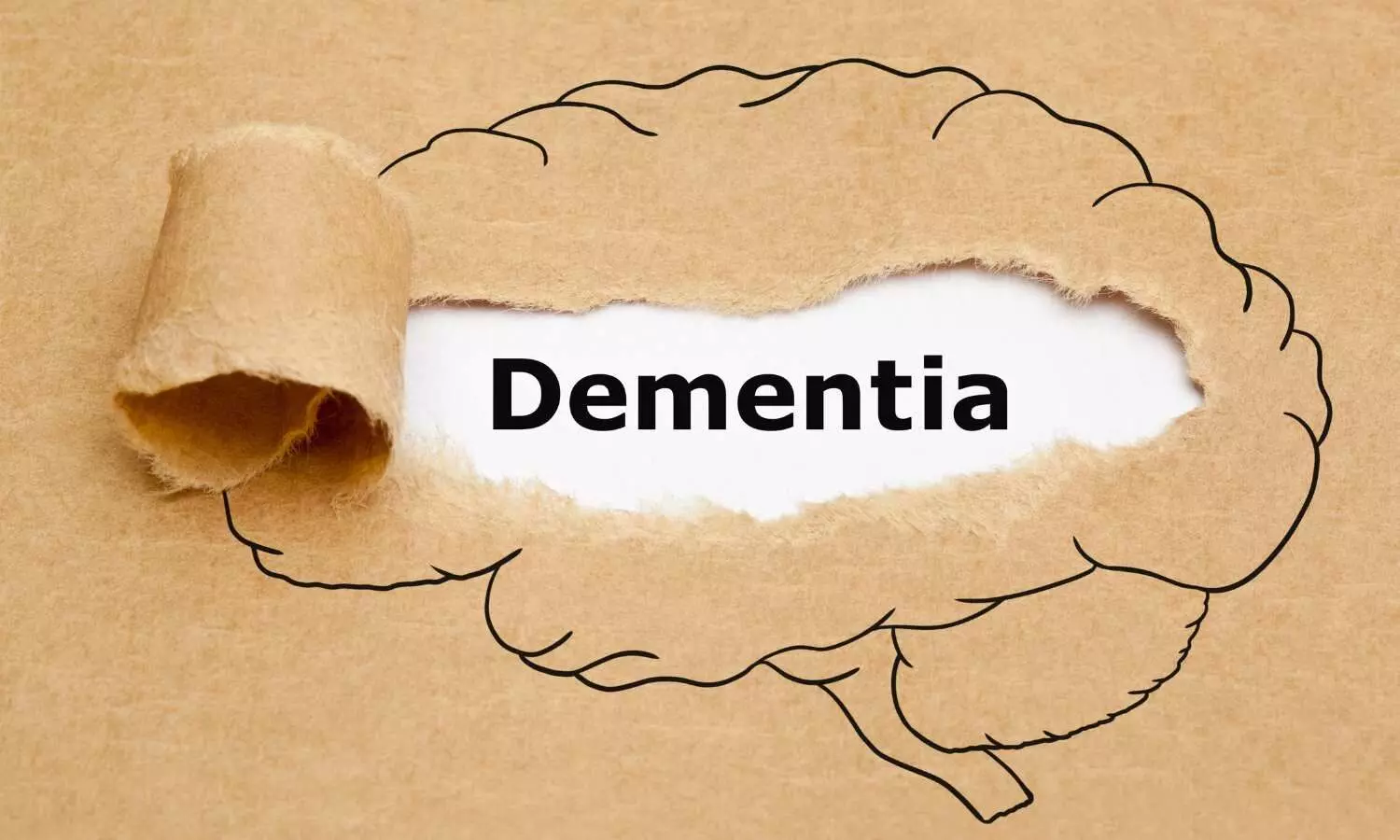- Home
- Medical news & Guidelines
- Anesthesiology
- Cardiology and CTVS
- Critical Care
- Dentistry
- Dermatology
- Diabetes and Endocrinology
- ENT
- Gastroenterology
- Medicine
- Nephrology
- Neurology
- Obstretics-Gynaecology
- Oncology
- Ophthalmology
- Orthopaedics
- Pediatrics-Neonatology
- Psychiatry
- Pulmonology
- Radiology
- Surgery
- Urology
- Laboratory Medicine
- Diet
- Nursing
- Paramedical
- Physiotherapy
- Health news
- Fact Check
- Bone Health Fact Check
- Brain Health Fact Check
- Cancer Related Fact Check
- Child Care Fact Check
- Dental and oral health fact check
- Diabetes and metabolic health fact check
- Diet and Nutrition Fact Check
- Eye and ENT Care Fact Check
- Fitness fact check
- Gut health fact check
- Heart health fact check
- Kidney health fact check
- Medical education fact check
- Men's health fact check
- Respiratory fact check
- Skin and hair care fact check
- Vaccine and Immunization fact check
- Women's health fact check
- AYUSH
- State News
- Andaman and Nicobar Islands
- Andhra Pradesh
- Arunachal Pradesh
- Assam
- Bihar
- Chandigarh
- Chattisgarh
- Dadra and Nagar Haveli
- Daman and Diu
- Delhi
- Goa
- Gujarat
- Haryana
- Himachal Pradesh
- Jammu & Kashmir
- Jharkhand
- Karnataka
- Kerala
- Ladakh
- Lakshadweep
- Madhya Pradesh
- Maharashtra
- Manipur
- Meghalaya
- Mizoram
- Nagaland
- Odisha
- Puducherry
- Punjab
- Rajasthan
- Sikkim
- Tamil Nadu
- Telangana
- Tripura
- Uttar Pradesh
- Uttrakhand
- West Bengal
- Medical Education
- Industry
Brewing Resilience: Caffeine may Shield Against Parkinson's Disease

In a groundbreaking revelation, the complex relationship between caffeine consumption and Parkinson's disease (PD) risk has been unveiled, particularly in the context of specific genetic variants. The pivotal study offered profound insights into PD prevention where individuals carrying certain risk variants who abstain from caffeine face dramatically increased odds of PD.
The study results were published in the journal The Lancet Regional Health, Western Pacific.
Parkinson's disease (PD) continues to be a significant health concern globally. Intriguingly, studies have suggested a potential shield against PD in the form of caffeine intake, although the nuances of this relationship, especially concerning specific genetic variants, have remained veiled. Addressing this gap in knowledge, a recent investigation delved into the intricate interaction between caffeine consumption and genetic variants associated with PD risk, particularly focusing on the LRRK2 gene, in a cohort of Asian subjects.
The study encompassed 5100 participants, a blend of PD patients and controls without neurological disorders. Caffeine intake was meticulously assessed using a validated evaluation tool. Genotyping was conducted to identify the presence of Leucine-rich repeat kinase 2 (LRRK2) risk variants, a significant genetic factor linked to PD susceptibility. Advanced statistical analyses, employing logistic regression models, were utilized to explore these gene-caffeine interactions. The study's unique approach included quantifying these interactions through the attributable proportion (AP) due to interaction, with a positive interaction being defined as AP >0.
Key findings:
- Among the 4488 subjects with genetic data for at least one LRRK2 variant, compelling patterns emerged.
- Risk-variant carriers, who refrained from caffeine consumption, exhibited a stark increase in PD odds in comparison to wild-type carriers who embraced caffeine.
- Noteworthy risk variants, namely G2385R, R1628P, and S1647T, showcased a considerable elevation in PD risk for non-caffeine-drinkers.
- The odds ratios for these variants were 8.6, 4.6, and 4.0 respectively, underlining a substantial risk amplification.
- Moreover, the attributable proportion (AP) values, quantifying the impact of gene-caffeine interaction, substantiated these findings, further emphasizing the protective role of caffeine in specific genetic contexts.
Thus, this study illuminates a vital connection between caffeine intake and PD risk among carriers of specific LRRK2 genetic variants. These findings not only shed light on the potential preventive aspects of caffeine but also suggest a promising avenue for lifestyle modifications in individuals at risk for Parkinson's disease. The study's insights hold significant implications for both the scientific understanding of PD and the development of targeted preventive strategies in the Asian population.
Further reading: Caffeine intake interacts with Asian gene variants in Parkinson's disease: a study in 4488 subjects. https://doi.org/10.1016/j.lanwpc.2023.10087
BDS, MDS
Dr.Niharika Harsha B (BDS,MDS) completed her BDS from Govt Dental College, Hyderabad and MDS from Dr.NTR University of health sciences(Now Kaloji Rao University). She has 4 years of private dental practice and worked for 2 years as Consultant Oral Radiologist at a Dental Imaging Centre in Hyderabad. She worked as Research Assistant and scientific writer in the development of Oral Anti cancer screening device with her seniors. She has a deep intriguing wish in writing highly engaging, captivating and informative medical content for a wider audience. She can be contacted at editorial@medicaldialogues.in.
Dr Kamal Kant Kohli-MBBS, DTCD- a chest specialist with more than 30 years of practice and a flair for writing clinical articles, Dr Kamal Kant Kohli joined Medical Dialogues as a Chief Editor of Medical News. Besides writing articles, as an editor, he proofreads and verifies all the medical content published on Medical Dialogues including those coming from journals, studies,medical conferences,guidelines etc. Email: drkohli@medicaldialogues.in. Contact no. 011-43720751




